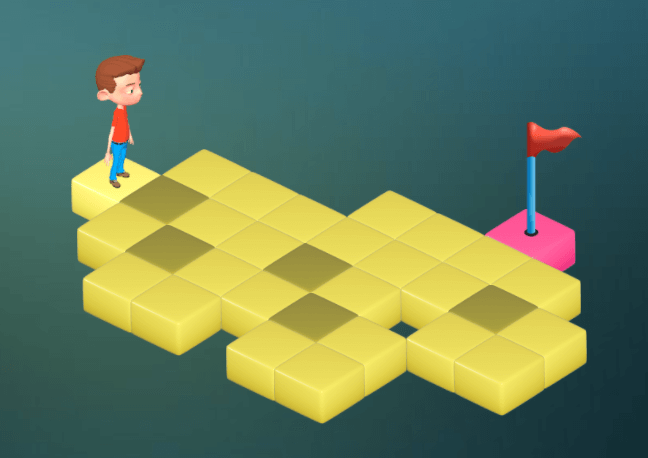Playground Perspectives
The Importance of Spatial Reasoning Skills
Return to Playground Perspectives

In a constantly evolving world, the ability to think critically and solve problems is more important than ever. Among the various cognitive skills that children need to develop, spatial reasoning stands out as a fundamental ability that impacts many aspects of their lives. This article delves into the importance of developing spatial reasoning skills in children and how parents and educators can nurture these skills effectively.
What is Spatial Reasoning?
Spatial reasoning refers to the ability to visualize and manipulate objects in a given space. It involves understanding the relationships between objects in terms of their size, shape, location, and movement. This skill is crucial for everyday tasks such as reading maps, packing, and even playing sports.
The Benefits of Strong Spatial Reasoning Skills
1. Enhanced Mathematical Abilities
Spatial reasoning is closely linked to mathematical skills. Children who excel in spatial tasks often find it easier to grasp mathematical concepts such as geometry, algebra, and calculus. This is because many mathematical problems require the visualization of shapes and the manipulation of figures in space.
2. Improved Problem-Solving Skills
Problem-solving often involves understanding the relationships between different components of a problem. Spatial reasoning helps children break down complex problems into manageable parts, making it easier to find solutions. This skill is particularly useful in fields such as engineering, architecture, and computer science.
3. Better Understanding of Science
Many scientific concepts require a strong grasp of spatial relationships. For example, understanding the structure of molecules, the formation of geological features, and the movement of celestial bodies all rely on spatial reasoning. Developing this skill can thus foster a deeper understanding of various scientific disciplines.
4. Enhanced Creativity and Imagination
Spatial reasoning also plays a significant role in creative pursuits. Whether it’s art, design, or storytelling, the ability to visualize and manipulate objects in space enhances creativity and imagination. Children with strong spatial skills often excel in activities such as drawing, building, and crafting.
5. Everyday Practical Applications
Beyond academics, spatial reasoning is essential for everyday tasks. From navigating through a city to organizing a room, this skill helps children (and adults) perform tasks more efficiently and effectively. It also enhances their ability to understand and use maps, diagrams, and other visual representations.
How to Develop Spatial Reasoning Skills
Engage in Building and Construction Activities
Activities such as playing with building blocks and other construction toys are excellent for developing spatial reasoning. These activities require children to think about how different pieces fit together, enhancing their ability to visualize and manipulate objects in space.
Encourage Drawing and Art Projects
Drawing, painting, and other art projects help children understand shapes, sizes, and spatial relationships. Encourage them to draw from different perspectives and to create 3D objects on paper.
Play Puzzle and Logic Games
Puzzles, mazes, and logic games require children to think spatially. These activities improve their ability to recognize patterns, solve problems, and visualize solutions.
Use Spatial Language
Using spatial language in everyday conversations can also enhance spatial reasoning. Phrases like "next to," "above," "below," "left," and "right" help children understand spatial relationships and improve their ability to navigate space.
Explore Maps and Models
Introduce children to maps, globes, and models. Encourage them to explore these representations and to think about how they relate to real-world spaces. This practice enhances their ability to interpret and use spatial information.
Let's Get Started!
Developing spatial reasoning skills is crucial for children's overall cognitive development. These skills not only enhance their academic abilities in mathematics and science but also improve their problem-solving, creativity, and everyday practical abilities. By engaging children in activities that promote spatial reasoning and using spatial language in daily conversations, parents and educators can help nurture these essential skills.
Explore our collection of spatial reasoning games for kids, educational puzzles, and creative building activities designed to make learning an adventure. Start today and watch your child's spatial reasoning abilities flourish, paving the way for a brighter future.
A companion site to Math Playground
A companion site to Math Playground
